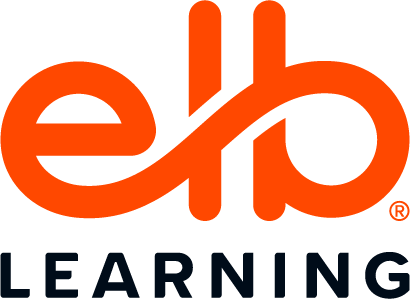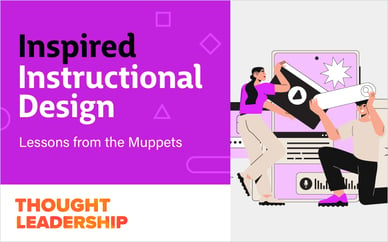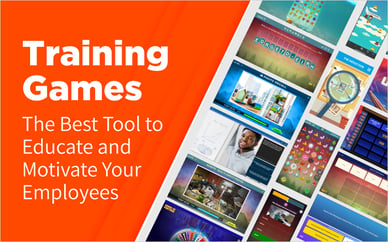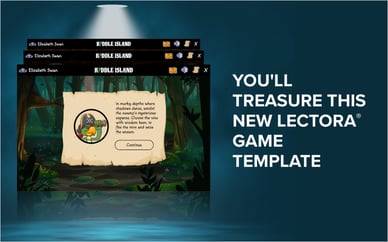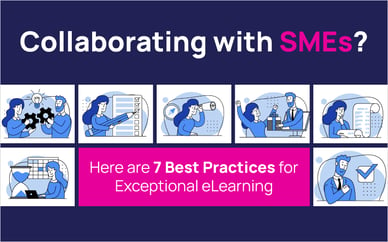This webinar’s topic was all about gamification, and how you can apply some of the very things that we learn early in our lives as kids to our corporate training.
In this session, Stephen Baer, Chief Creative Officer of The Game Agency covers several of the existing game mechanics that you can leverage for your training.
It’s helpful to start with a definition of game design:
Designing systems, mechanics, and stories that deliver interesting fun, challenging, moving, emotional and memorable moments.
You need to keep in mind quite a few things if you're designing a game from scratch.
So what are those things?
- Rules
- Themes
- Storylines
- Aesthetics
- Conflict
- Collaboration
- Competition
- Strategy
- Goals
- Resources
- Chance vs skill
- Time
- Feedback
- Points
- Levels
- Rewards
This is a lot! And it’s really important to keep all of this in mind if you're building something from scratch. However, in this webinar, we talk about a bunch of game concepts that are not from scratch and show you where a lot of these things fall right into existing mechanics.
Almost everyone here has played Pac-Man and this is a great example. Whether you're beating a level or eating pellets, or eating a ghost or eating bonus fruits or having a really close call, or losing a life, or outsmarting the ghost, or going through a tunnel, or dozens of other things that you could do in this game…Those were all memorable moments.
They create a little bit of adrenaline excitement, and they help you really think about staying with the game, repeating the game, and stuff that you're gonna take away from the game.
Games that are set up as board games are great for both competition and collaboration. The only thing that they don't deliver that digital games do is certainly the same level of analytics that you can garner. However, you can take inspiration from board games when creating your own online training games.
Finding the Player Flow
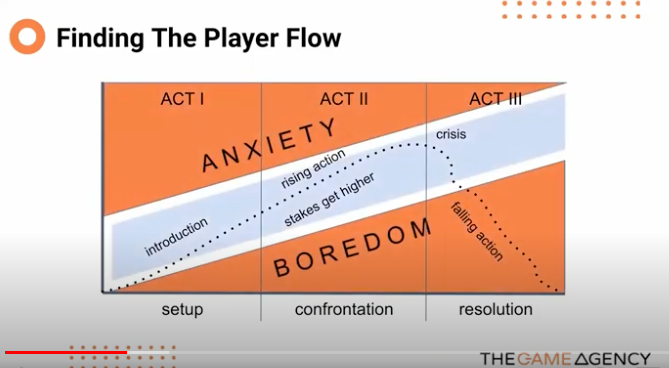
You want to think about probably 3 acts.
- The first is, how do you introduce or set up the game?
- Then, how do you create action? How do you get the stakes to be hired?
- Finally, what's the confrontation over time, and ultimately that may culminate in a crisis of which you're going to do something and resolve it?
Whether you're playing a board game or you're playing a digital game, you want to find that perfect player flow right in the middle where people aren't too anxious, but they're not too bored.
It's gonna probably be a little bit of a roller coaster up and down. But you want to stay in that gray zone if you can.
8 Game Mechanics
In the webinar, Stephen covered these 8 game mechanics and shared real-life board game examples of each, and how these concepts could translate to a digital learning game.
- Growth mindset
- Knowledge recall
- Inquisitive mindset
- Deductive reasoning
- Resource management
- Decision-making
- Strategic thinking
- Information gathering
We’ll cover just one here, but you can watch the recording to see all of them. Let's go over growth mindset.
Growth Mindset
This is probably the most simplistic of all the games we're gonna talk about. But it's actually a really important lesson that you can have here. For his example, Stephen used Chutes and Ladders.
Did you know that Chutes and Ladders is filled with important life lessons? It is!
What are they?
One is, no matter how careful we are about planning, eventually, something's going to go wrong. This is a game of luck.
So you can make it all the way, up to the 91st square out of a 100, and then be right back down at number 12.
But the cool thing is is that sometimes if you play this game, you know that even if you've made a huge setback, ultimately that might be a good thing, because you roll the dice next and you're further than you were to begin with.
So when you least expect it, great opportunities can happen, and they can present themselves, and you need to keep your eyes open for that.
And now you might be thinking, “Okay, that's really kind of broad.” But there are really good lessons to be learned here on the corporate training side.
So here's a good example where Merck pharmaceutical used this very mechanic for employee onboarding. It talked about the company and job responsibility.
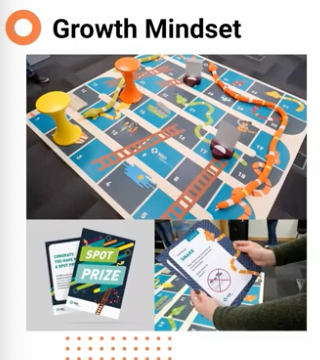
They created different cards every time you ended up on any square—either a positive card or a negative card, and employees had to answer questions about it or do something about it.
The content of the cards helped employees really understand the company or the job position. The unpredictability keeps players on their toes, and Merck included those unpredictable errors reminding you not to be complacent as an employee. It doesn't matter what organization—that's a lesson we can all take.
Audience Motivation
It's important to remember that when we think about our audience there are many different motivations behind those players.
Stephen likes to break them into these 4 groups:
- Achievers
- Does my learner want to be just become better at what they're doing?
- Do they want to master a skill?
- Explorers
- Are they looking to solve problems or discover new things?
- Socializers
- Are they more about socializing, feeling useful to others, or being recognized by others?
- Fighters
- Or do they just want to win? or will they win at all costs?
One final note to think about when you're building a game.
The content is king. But the experience is emperor.
Ultimately it's about making sure that your game is a fun, immersive, memorable experience.
People want to get into the content. The more collaborative you can make it, the better because the more that people can experience with each other, the more they'll remember it.
And remember, we talked about all those different motivations behind learners. Think about the things that are going to be important to them and build in ways to celebrate successes along the way.
Games are a practice playground where people can fail and they can feel okay about doing so. And through that, they’re learning and retaining information without even realizing it!
Watch the entire webinar recording here:
The Game Agency, a Division of eLearning Brothers, offers custom game development services, as well as pre-built, customizable games in The Training Arcade®. Contact us to learn more about custom development, or sign up for a free trial of The Training Arcade® to see how easily you could build your own games!
